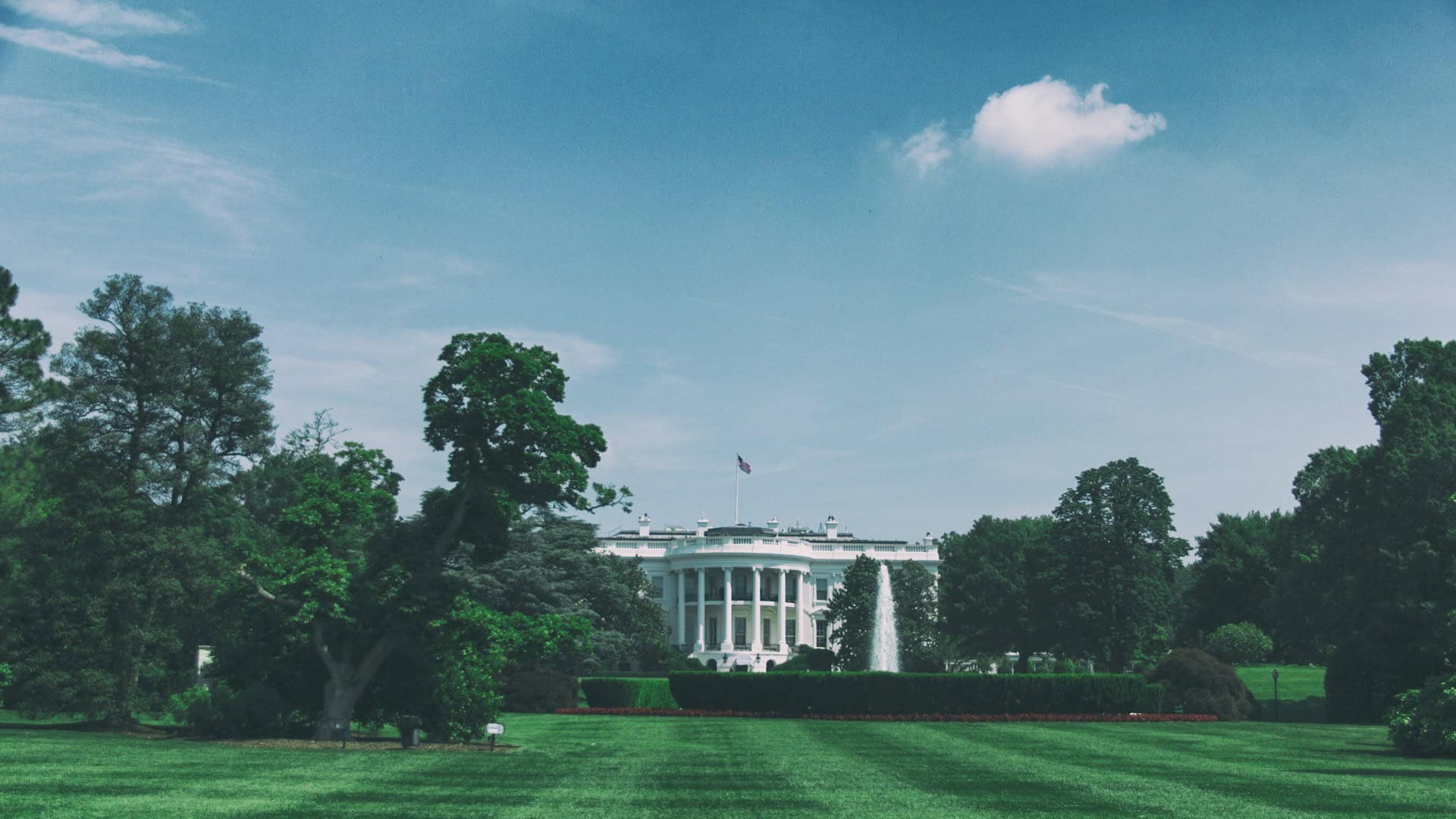The multi-sector coalition was founded one year ago to advance policies fostering international student success in the US and has recently expanded its membership to more than 40 education organisations, think tanks and advocacy bodies.
“We are encouraged by the progress we’ve made in the coalition’s first year and firmly believe partnership will be the way forward, especially in these unsettled times politically.
“Drastic changes in other major destinations recently reinforce the critical importance of sound, coordinated national policy with student success at the centre,” said Fanta Aw, CEO of NAFSA, which sits on the coalition’s executive committee.
The Coalition has commended the Department of State’s action to extend the visa interview waiver policy to address lengthy visa interview wait times and processing delays.
It has called on the next US administration to diversify and increase international student enrolment, as well as continuing to modernise government processing and interagency coordination.
In the past year, the Coalition has advocated for the State Department to resolve the disproportionately high visa denial rate for African students, launching a campaign that saw over 1,300 messages to members of Congress.
Its advocacy included a letter from eight US senators to secretary of state Antony Blinken urging clarity on student visa adjudication standards.
The Coalition’s executive committee has also seen recent growth, which includes the likes of IIE, ETS, NAFSA, Shorelight and Presidents’ Alliance.
“While the dream of a US education remains strong, visa challenges are making it harder for students to achieve this. As other countries offer competitive alternatives, the US must take action. It’s time for a national strategy on international education,” said Tom Dretler, CEO of Shorelight.
Currently, the US is the only major study destination without a national strategy for international education.
An IDP report published in March 2024 revealed widespread support from educators in the US for a national strategy on international education to boost the sector’s global competitiveness.
The most frequently identified priority in the survey was the need to strengthen pathways for students to contribute to the US’s workforce post-graduation, which the Coalition is also advocating for from the next Congress in 2025.
It’s time for a national strategy on international education
Tom Dretler, Shorelight
“When international students succeed, we all win,” said the Coalition, which has said it will continue working with higher education institutions to diversify the international student body across the US.
“If successful, the United States will be poised to offer invaluable educational experiences to top talent from across the globe, effectively integrate their knowledge and skills into the US economy, and benefit from the tens of billions of dollars that international students contribute to the economy,” it stated.
A recent report warned that it was “more critical than ever” for US institutions to attract a more diverse pool of international students to ensure financial sustainability and increase access to high-quality education amid global border closures, travel disruptions and currency fluctuations.
Conversations about growing the US’s international student population – which the Coalition is at the forefront of – contrast to those happening in other destinations such as Canada and Australia where the governments are introducing or proposing study permit caps.
According to Aw, international students make up just over 5% of higher education enrolment in the US, which could double to 10% and still have ample capacity.
During its first year, the Coalition has advocated for inclusivity, encouraging the Department of Homeland Security to champion policies that support international students as a key part of US national security, global competitiveness and innovation.
Moving forward, the Coalition has expressed its commitment to “protect against potential threats to positioning the United States to effectively compete and cooperate on a global stage”.





